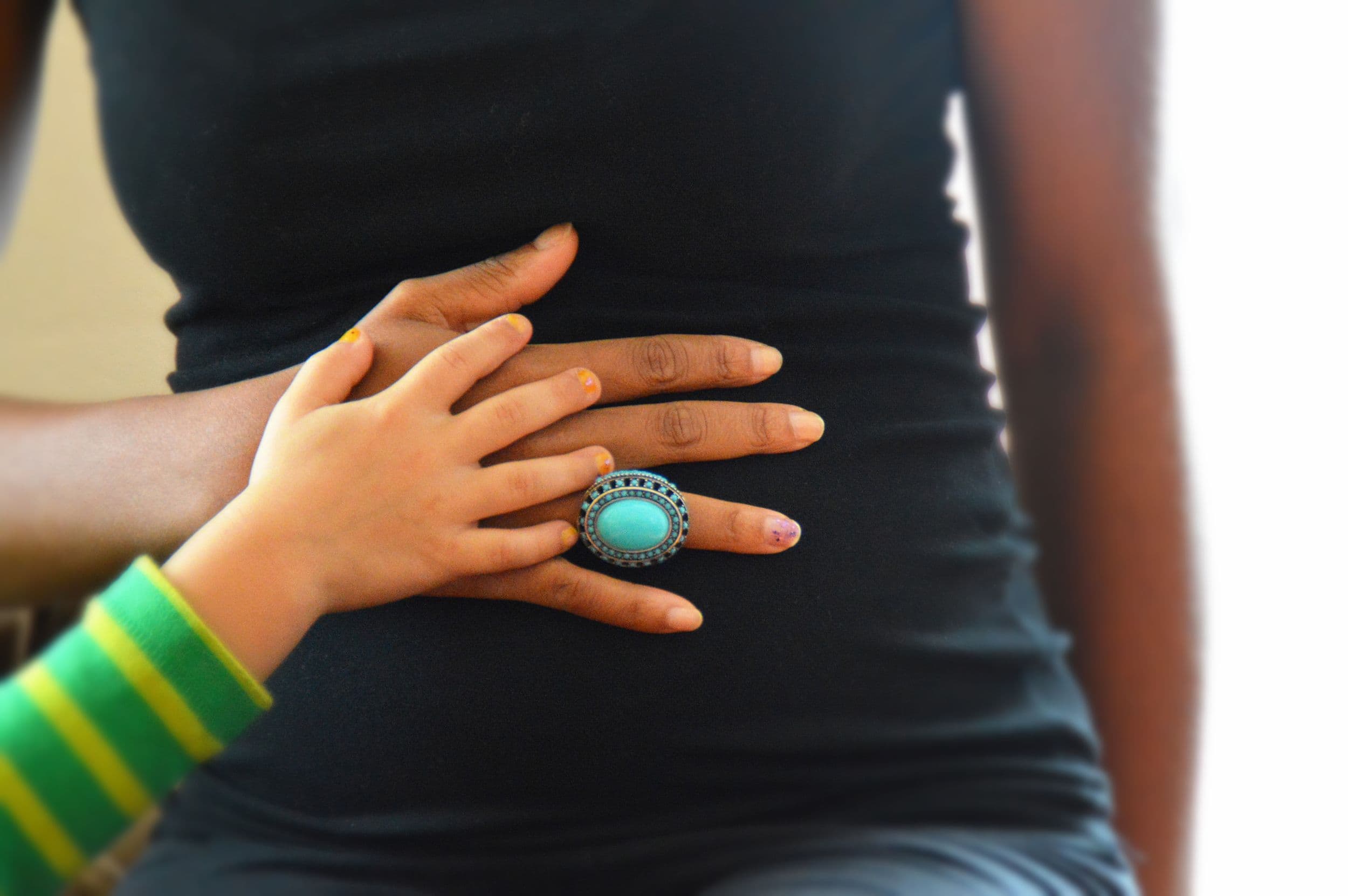Mindfulness Training May Ease IVF Stress
Mindfulness
Obie Editorial Team

Combatting IVF stress
Couples undergoing in vitro fertilization (IVF) face one of life's most stress-provoking challenges. The uncertainty is maddening, the self-doubt painful, and the intricacies of the process itself are mind-boggling. Loneliness and a sense of isolation compound the emotional turmoil. In spite of it all, a growing number of couples choose IVF because they know the end result can mean joy beyond their wildest imagination.
Can mindfulness training help?
A British researcher thinks mindfulness training might prove instrumental in easing the loneliness and emotional stress associated with IVF. She's also identified some psychosocial factors that influence the highs and lows of the emotional roller coaster many IVF patients feel. Assessment of these same psychosocial factors may prove useful in identifying which patients are at the highest risk for emotional distress, too.
Helen Rockliff, a Ph.D. candidate at the United Kingdom's University of Bristol's School of Clinical Sciences, led her research team through an online search of databases housing medical studies. The team found 23 studies that matched all their criteria.
The studies were published in peer-reviewed journals between 1978 and 2012. They were found in databases belonging to MEDLINE/PubMed, PsycINFO, Web of Science, and Embase. None of the studies included the comparison of all psychosocial factors with all possible emotional outcomes during IVF but each study did compare at least one factor with at least one emotional outcome (for example, do feelings of isolation during IVF lead to depression?).
Of the psychosocial factors, the team analyzed, about one-third of them were found to significantly affect emotional adjustment to the IVF process. Some psychosocial factors that led to negative emotional outcomes (anxiety, depression, distress) include:
- Neuroticism
- Escapism
- Disengagement from coping strategies
- Self-criticism
- Dependency
- Situation appraisals
- Attachment style
Twenty-two of the studies focused on negative emotional outcomes rather than positive, desirable outcomes. Some of them, however, assessed both the positive and negative psychosocial factors. Some of the character traits associated with positive emotional outcomes include:
- Social support from partner, friends, and/or family
- Sense of well-being
- Positive attitude
- Happiness
- Satisfaction with life
Support helps most
Women who could rely on a strong network of social support measured the highest degrees of positive emotion whether IVF succeeded or not.
When an IVF patient is assessed as high-risk for negative emotional adjustment, Rockliff recommends mindfulness training. Studies over the previous decade indicate mindfulness training is an effective intervention, especially when compassion-focused imagery and loving-kindness meditation are part of the training.
Source: Rockliff, Helen E, et al. "A systematic review of psychosocial factors associated with emotional adjustment in vitro fertilization patients." Human Reproduction Update. Oxford University Press.
Read More










